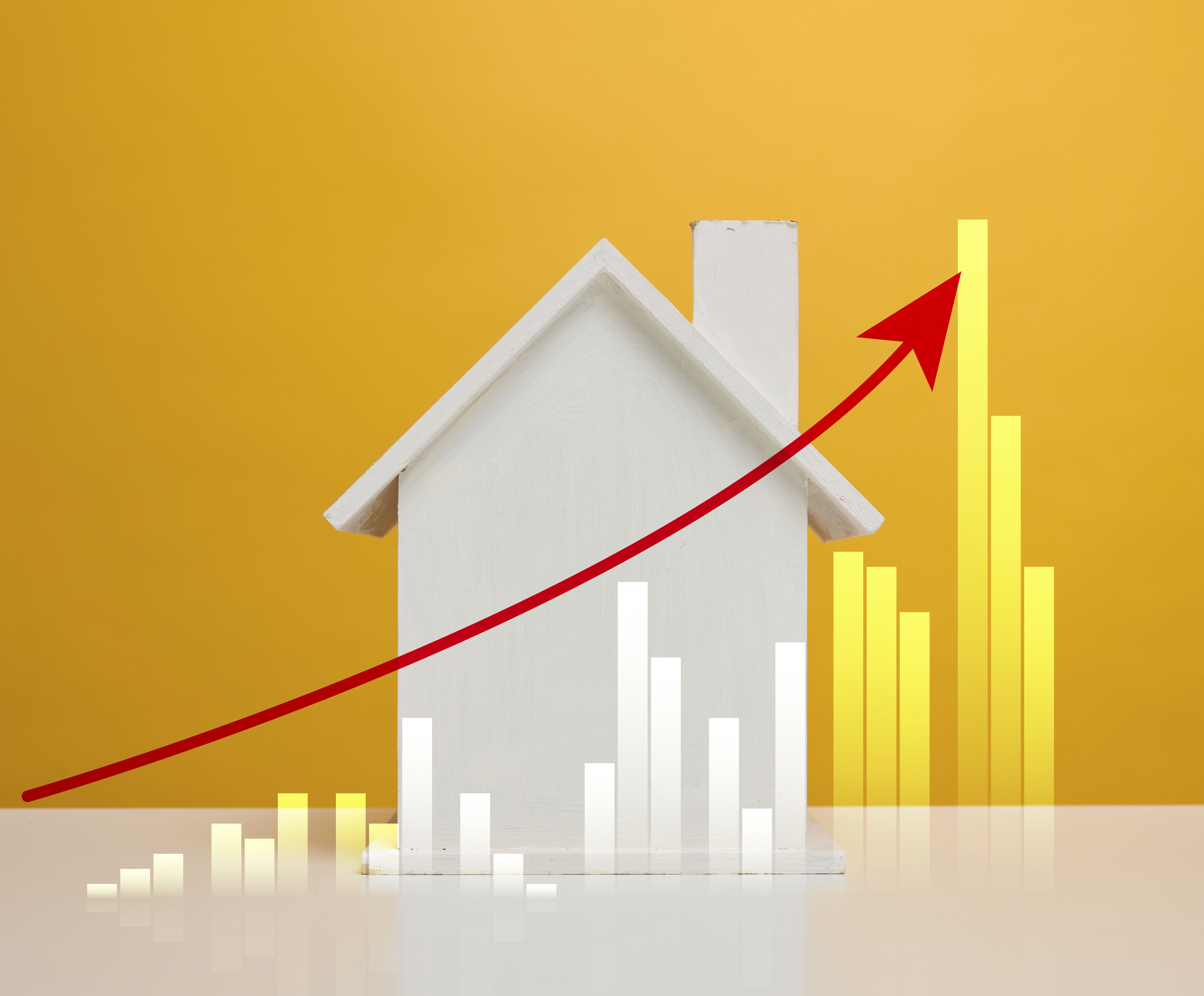One of the most common questions I get from homeowners is:
"Why is my home’s assessed value so different from its market value?"
If you’ve ever looked at your property tax bill and compared it to what homes are selling for in your neighborhood, you’ve probably noticed a gap—sometimes a pretty big one.
Let me help clear things up.
1. What Is Assessed Value?
The assessed value of your home is what your local government uses to determine how much you owe in property taxes. It’s calculated by a public tax assessor and is often a percentage of your home’s estimated worth, based on a formula set by the county or municipality.
Think of it as the government's way of saying, "This is what we think your property is worth for tax purposes—not necessarily what you'd sell it for."
Several factors can influence your home’s assessed value:
- A predetermined assessment ratio (usually lower than full market value)
- Historical sales data and property records
- Improvements made to the home that have been reported or permitted
- The condition and characteristics of your property
- Comparable homes that were recently assessed nearby
In many jurisdictions, assessments are only updated every few years, which means they can become outdated quickly—especially in a fast-moving market like Northern Virginia.
2. What Is Market Value?
Your home’s market value is the price it would likely sell for today, in a competitive, open market. In simpler terms, it’s what a ready, willing, and able buyer would reasonably pay for your property.
Market value tends to fluctuate more often and is influenced by:
- Current market conditions and housing demand
- The neighborhood’s appeal and school district rankings
- The size, style, age, and condition of your home
- Recent sales of similar homes (comps)
- Interest rates and financing availability
- Buyer perception and economic outlook
As a real estate professional, I look at all these factors when advising clients on listing prices or helping them buy smart.
3. Why the Discrepancy?
Here are the main reasons these two values don’t match up:
[Assessment Lag]
Assessed values aren’t updated as frequently. While market values can shift rapidly—especially in a dynamic region like D.C., Maryland, or Northern Virginia—assessments often remain static until the next scheduled review, which could be years away.
[Different Goals]
Assessed value is for taxation. Market value is for selling. One helps the county figure out how much revenue to collect. The other helps buyers and sellers agree on a fair price. They’re designed for different purposes and therefore rely on different criteria.
[Capped Increases]
Some areas have assessment caps to protect homeowners from huge tax jumps. Even if your market value spikes, the assessed value might only be allowed to increase by a set percentage each year.
[Subjectivity in Market Value]
Market value can be influenced by emotional and subjective factors—like how a buyer feels when they walk through your home. A beautifully staged house or an upgraded kitchen may justify a higher price, even if it hasn’t been reassessed yet.
[Unreported Improvements]
If you’ve renovated your basement, added a deck, or remodeled the kitchen—but didn’t pull permits or notify the county—those updates might boost your market value significantly without impacting your assessed value (yet).
[What Should You Do as a Homeowner?]
Understanding the difference between assessed value and market value is essential, especially if you’re thinking about selling, buying, or refinancing. Don’t panic if your assessed value seems too high or too low compared to what homes are selling for around you—it’s not always a reliable indicator of your home’s true market worth.
If you feel that your assessed value is too high, you may have grounds to appeal with your local tax assessor’s office. And if you're curious about your true market value, that’s where I come in.
With over 20 years of experience helping homeowners throughout Northern Virginia, D.C., and Maryland, I can provide you with a comprehensive market analysis and help you understand where your property truly stands.
"Why is my home’s assessed value so different from its market value?"
If you’ve ever looked at your property tax bill and compared it to what homes are selling for in your neighborhood, you’ve probably noticed a gap—sometimes a pretty big one.
Let me help clear things up.
1. What Is Assessed Value?
The assessed value of your home is what your local government uses to determine how much you owe in property taxes. It’s calculated by a public tax assessor and is often a percentage of your home’s estimated worth, based on a formula set by the county or municipality.
Think of it as the government's way of saying, "This is what we think your property is worth for tax purposes—not necessarily what you'd sell it for."
Several factors can influence your home’s assessed value:
- A predetermined assessment ratio (usually lower than full market value)
- Historical sales data and property records
- Improvements made to the home that have been reported or permitted
- The condition and characteristics of your property
- Comparable homes that were recently assessed nearby
In many jurisdictions, assessments are only updated every few years, which means they can become outdated quickly—especially in a fast-moving market like Northern Virginia.
2. What Is Market Value?
Your home’s market value is the price it would likely sell for today, in a competitive, open market. In simpler terms, it’s what a ready, willing, and able buyer would reasonably pay for your property.
Market value tends to fluctuate more often and is influenced by:
- Current market conditions and housing demand
- The neighborhood’s appeal and school district rankings
- The size, style, age, and condition of your home
- Recent sales of similar homes (comps)
- Interest rates and financing availability
- Buyer perception and economic outlook
As a real estate professional, I look at all these factors when advising clients on listing prices or helping them buy smart.
3. Why the Discrepancy?
Here are the main reasons these two values don’t match up:
[Assessment Lag]
Assessed values aren’t updated as frequently. While market values can shift rapidly—especially in a dynamic region like D.C., Maryland, or Northern Virginia—assessments often remain static until the next scheduled review, which could be years away.
[Different Goals]
Assessed value is for taxation. Market value is for selling. One helps the county figure out how much revenue to collect. The other helps buyers and sellers agree on a fair price. They’re designed for different purposes and therefore rely on different criteria.
[Capped Increases]
Some areas have assessment caps to protect homeowners from huge tax jumps. Even if your market value spikes, the assessed value might only be allowed to increase by a set percentage each year.
[Subjectivity in Market Value]
Market value can be influenced by emotional and subjective factors—like how a buyer feels when they walk through your home. A beautifully staged house or an upgraded kitchen may justify a higher price, even if it hasn’t been reassessed yet.
[Unreported Improvements]
If you’ve renovated your basement, added a deck, or remodeled the kitchen—but didn’t pull permits or notify the county—those updates might boost your market value significantly without impacting your assessed value (yet).
[What Should You Do as a Homeowner?]
Understanding the difference between assessed value and market value is essential, especially if you’re thinking about selling, buying, or refinancing. Don’t panic if your assessed value seems too high or too low compared to what homes are selling for around you—it’s not always a reliable indicator of your home’s true market worth.
If you feel that your assessed value is too high, you may have grounds to appeal with your local tax assessor’s office. And if you're curious about your true market value, that’s where I come in.
With over 20 years of experience helping homeowners throughout Northern Virginia, D.C., and Maryland, I can provide you with a comprehensive market analysis and help you understand where your property truly stands.
"One of the most common questions I get from homeowners is: "Why is my home’s assessed value so different from it..."


.png)
.jpeg)
.jpeg)